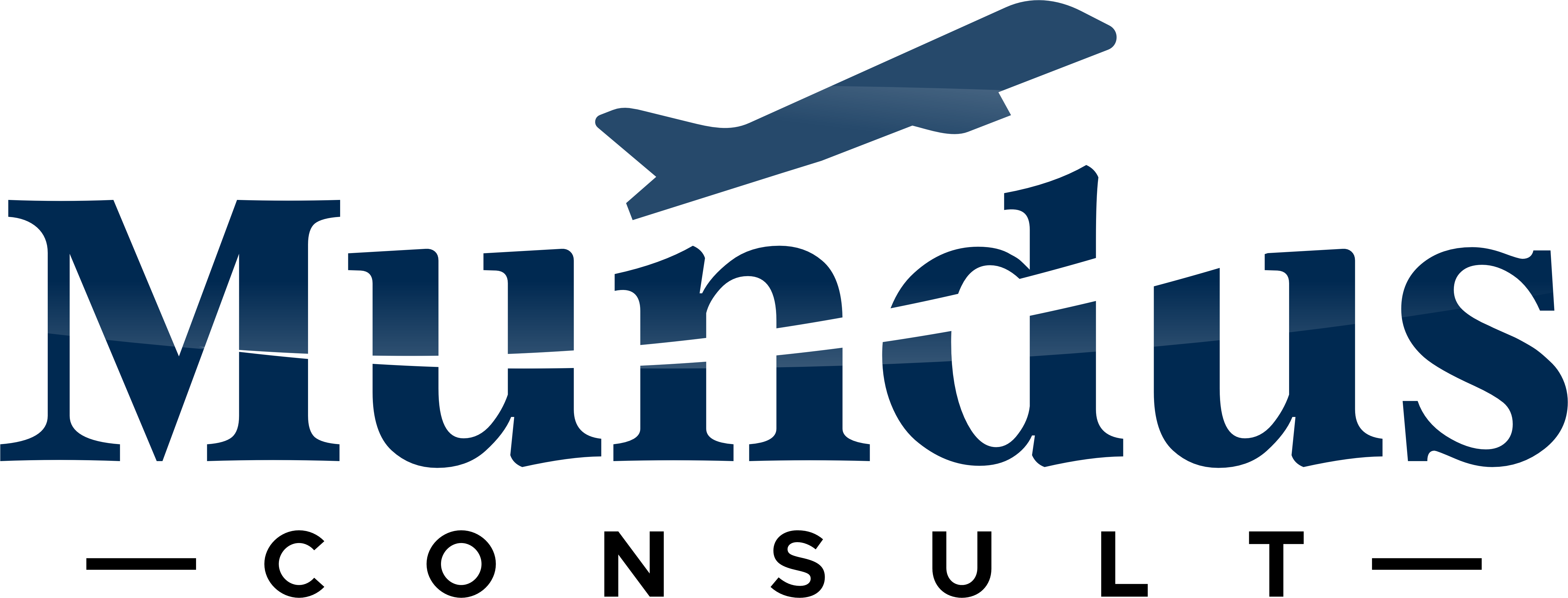Welcome, to a discussion on student loan forgiveness programs a beacon of hope for those seeking relief from the burden of student debt. In this comprehensive guide, we’ll unravel the mysteries of loan forgiveness, exploring eligibility criteria, application processes, and the potential benefits of these programs. Let’s embark on this journey together and uncover whether you qualify for student loan forgiveness.
- Overview of Student Loan Forgiveness
Student loan forgiveness programs offer relief by canceling part or all of a borrower’s student loan debt. These programs are typically designed to assist borrowers who work in certain public service or nonprofit sectors, as well as those who experience financial hardship.
Types of Forgiveness Programs:
There are various types of student loan forgiveness programs available, including Public Service Loan Forgiveness (PSLF), Teacher Loan Forgiveness, Income-Driven Repayment (IDR) Forgiveness, and forgiveness programs for specific professions such as healthcare or law.
Jessica, a social worker, enrolled in the Public Service Loan Forgiveness program, which offers forgiveness of remaining loan balances after 120 qualifying payments while working full-time for a qualifying employer.
- Eligibility Criteria for Loan Forgiveness
Employment Requirements:
Many forgiveness programs require borrowers to work in specific fields or for qualifying employers to be eligible for forgiveness. These fields often include public service, education, healthcare, and nonprofit organizations.
Payment History and Plan Enrollment:
Borrowers must maintain a qualifying repayment plan and make timely payments to be eligible for loan forgiveness. Enrolling in an income-driven repayment plan can help ensure eligibility for forgiveness programs based on payment history.
John, a teacher, discovered that he needed to teach full-time for five consecutive years in a low-income school to qualify for Teacher Loan Forgiveness. He ensured he met all eligibility requirements before applying for forgiveness.
- Application Processes and Deadlines
Each forgiveness program has its own application process and requirements. Borrowers must carefully review the instructions and submit all necessary documentation to apply for forgiveness.
Deadlines and Renewal Requirements:
Be aware of deadlines for submitting forgiveness applications and any renewal requirements for maintaining eligibility. Missing deadlines or failing to meet renewal criteria could result in forfeiture of forgiveness benefits.
Emily diligently researched the application process for Income-Driven Repayment Forgiveness and submitted her application before the deadline. She also set reminders to renew her enrollment in the repayment plan annually to maintain eligibility.
Addressing Common Misconceptions
Dispelling Myths about Forgiveness Programs:
There are several misconceptions surrounding student loan forgiveness, such as the belief that forgiveness is automatic or that all loans are eligible. It’s essential to understand the facts and dispel common myths to make informed decisions about forgiveness options.
Clarifying Tax Implications:
Forgiven loan amounts may be considered taxable income, depending on the forgiveness program and specific circumstances. It’s crucial to understand the potential tax implications of forgiveness and plan accordingly.
David learned that forgiveness under the Public Service Loan Forgiveness program is not automatic and requires meeting specific requirements. He also discovered that forgiven amounts under IDR plans may be subject to income tax.
Resources for Exploring Forgiveness Options
Utilizing Government Resources:
Explore resources provided by the U.S. Department of Education and other government agencies to learn about available forgiveness programs, eligibility requirements, and application procedures.
Seeking Guidance from Loan Servicers:
Contact your loan servicer for personalized assistance and guidance on forgiveness options available for your specific loan portfolio. They can help you understand your options and navigate the application process.
Sophia visited the Federal Student Aid website and accessed the Loan Forgiveness page to explore available programs and access helpful resources. She also reached out to her loan servicer for personalized guidance on her forgiveness options.
Mundus Consult Is Here to Support You
Understanding student loan forgiveness programs is the first step towards unlocking potential relief from the burden of student debt. Whether you qualify for forgiveness or not, Mundus Consult is here to provide guidance, support, and resources to help you make informed decisions about your financial future.
Remember, forgiveness programs can offer significant benefits, but they often come with specific eligibility criteria and application requirements. Schedule a consultation call with us to discuss your forgiveness options and create a personalized plan for managing your student loans.
With Mundus Consult by your side, you can navigate the complexities of student loan forgiveness with confidence and clarity, ready to achieve your financial goals and pursue your dreams.
Stay tuned for the next installment in our series, where we’ll continue to explore essential topics in student loan management. Your journey to financial empowerment continues here!
